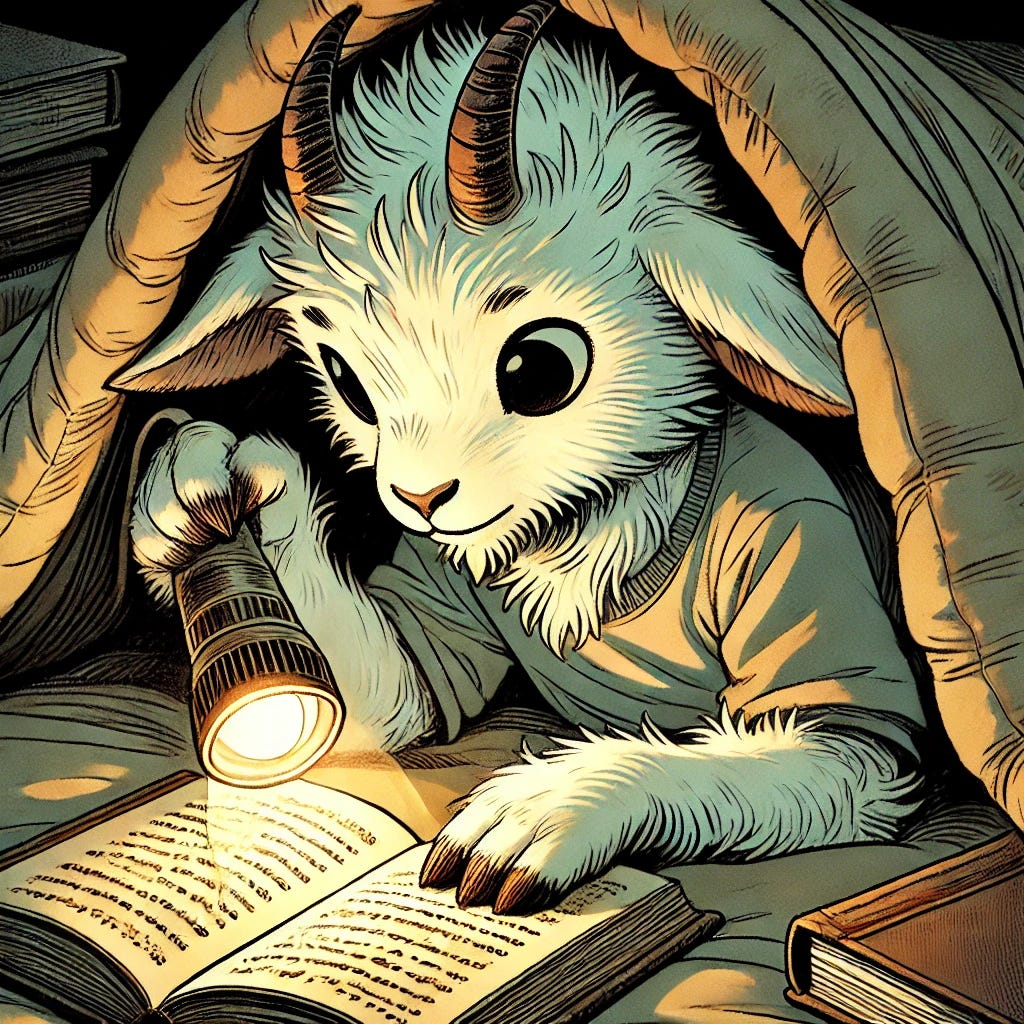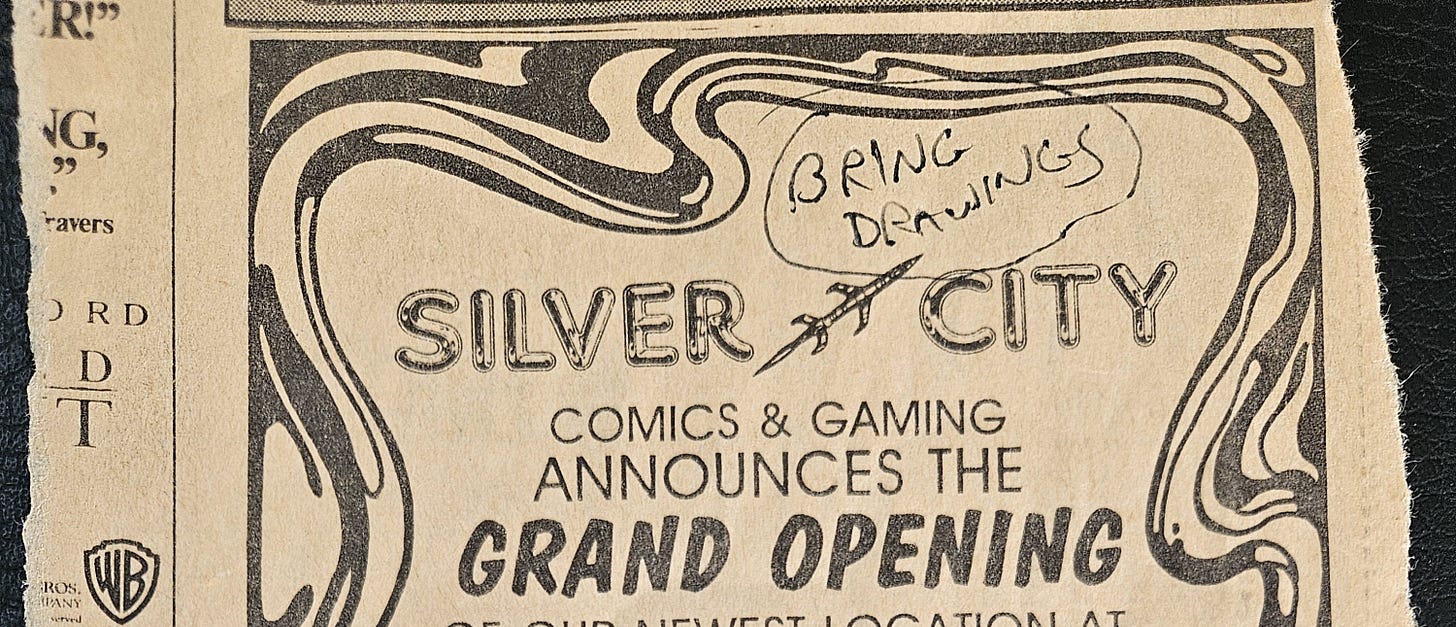New and Improved
I used to read late into the night, especially if I was really into the story. Sometimes this meant trying to read the tiniest text imaginable, positioning my head sideways on a pillow at some kind of inhuman angle, all just so that I could scan those tiny black letters on a faded white page.
Let me tell you: all this squinting and going to sleep with a sore neck was worth it. Totally, unequivocally: worth it.
Reading those tiny letters took me away to another world, quite apart from this physical realm where we reside. When I needed to escape from banality or drudgery, reading was everything.
The funny thing is that I don’t do this any more. Why not?
Today, you don’t have to wake up the next morning with a sore neck if you want to read late into the night. Instead, there are other ways to get the information you crave. While some of these “upgrades” raise the question of baby or bathwater, the thing I most notice is how much easier it is to get information than it was back then.
If we’re given every answer, will we know how to solve problems any more?
I’ll never forget a scene in the movie Kingpin that perfectly encapsulates this desire for literally any kind of mental stimulation. Roy’s henchman needs to use Roy’s bathroom. Where’s your newspaper? I need to take a dump, he says.
Desperate times called for any kind of intellectual stimulation whatsoever, and sometimes this was limited to whatever packaging had a little bit of print on it. In the case of Kingpin, it’s a “new and improved” shampoo bottle the dude has already read, but he accepts his fate anyway.
Nobody today is willing to accept a boring fate. A life away from instant information seems like a form of imprisonment today, but back then it was all about keeping a scarcity mindset around information.
This mindset extended to all sorts of reading for the first half of my life, when information was scarce. So much more has been written down in the last 35 years than was written in all the previous five thousand years, and copying and pasting makes the replication process very nearly free.
This doesn’t only apply to text, either! In fact, it might apply to images and video even more. While I obsessively drew comic book covers in order to get good at drawing, I also wanted something cool to put up on my wall. Drawing a comic book cover was one way to do this without destroying the value of the comic book.
I even managed to get some of my drawings hung up at the local comic book store. A drawing by hand wasn’t necessarily more valuable than a slick poster, but it was something we could conjure from thin air if we wanted to.
Likewise, my friends and I played a lot of games that required only imagination to play. This meant loads of D&D, but also less structured entertainment options that arose out of boredom. We might make up our own games to play, or we might go on a long trek to another neighborhood, exploring trails all along the way.
In other words, because our opportunities for entertainment and our access to information was such a tiny portion of what it’s like today, we no longer have to bend over backwards to read shampoo bottles and pulp science fiction. Now, don’t get me wrong—if that’s your thing, great, but I’m talking about this being the only halfway decent thing you could find at the yard sale last week.
Today, we have all the information we want, but we don’t necessarily know how to use it. Do you remember inventing any ways to entertain yourself when you were growing up? How is that different than today?





We actually did lots of rather creative stuff back when I was growing up: Staging our own mini concerts for people in our building, making a puppet/shadow theater out of paper, using a spinner from a board game to create our own "Trivia" style talkshow where we wrote the questions for each other. I generally had a very social free time - we'd play in the yard with a dozen kids at a time after school, etc.
Some of that is lost a bit with the "instantly accessible anything" Internet access, I guess. Then again, my kids can sometimes also find inspiration online that they carry into the physical world, like finding color schemes for a drawing they're working on or watching YouTube for inspiration on experiments they can do. So it's not all bad.
it’s all about how you use the information you can access. if the internet has made one dumber, they did it to themselves.